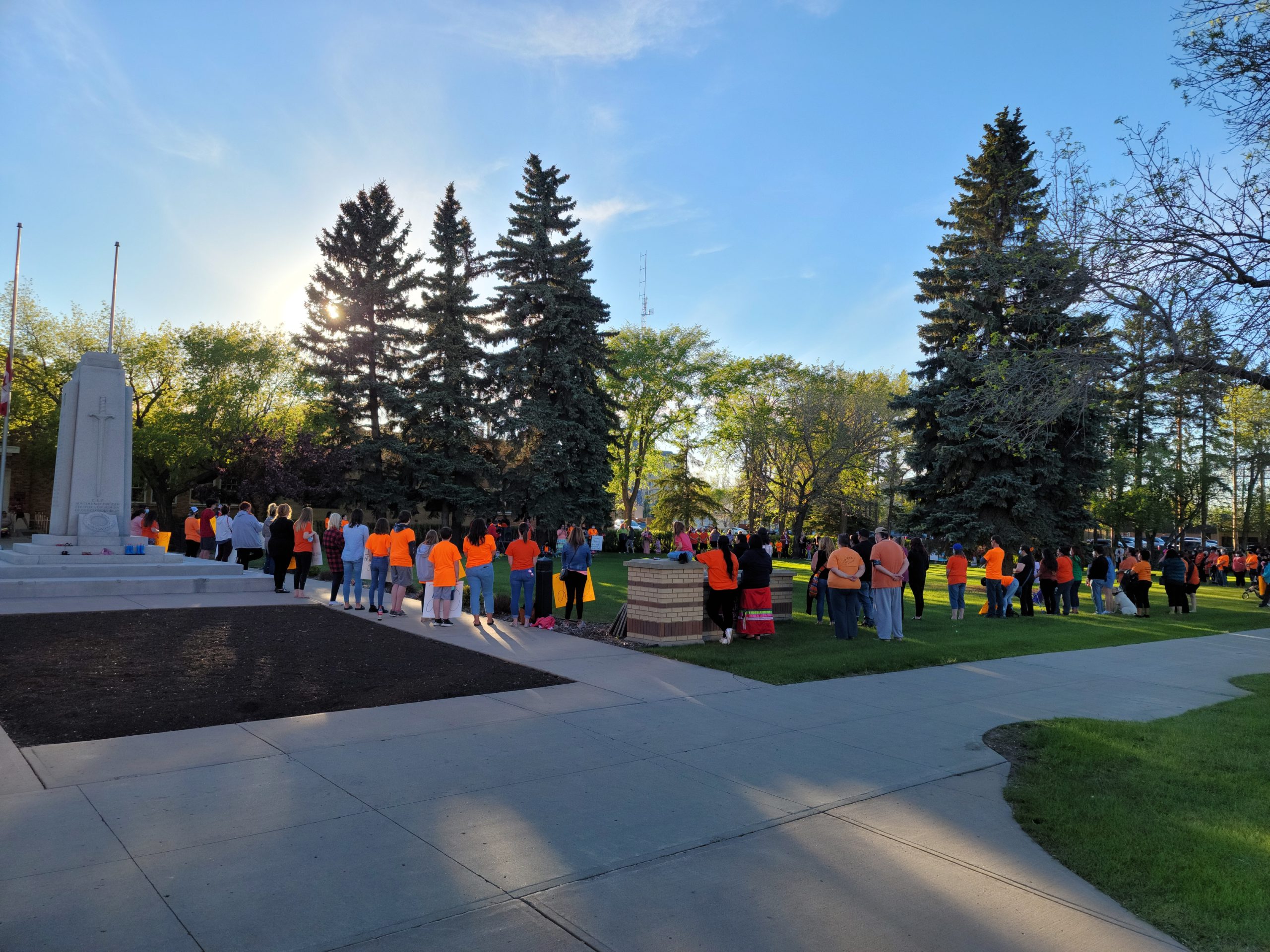“As Senator Murray Sinclair has said, ‘It took seven generations to get to this point where we are at, and it could take seven generations to make things better.'”
The reference to the chair of the Truth and Reconciliation Commission comes in the wake of the find of the remains of 215 children in an unmarked grave in Kamloops, B.C., the site of a former residential school.
Educator Clint Chocan is sharing that First Nations people want empathy and not sympathy at this time. He says people are learning, but many Canadians are still unaware of what had gone on.
“We have to remember that this was a national program, that the government at the time thought that this was the best way of bringing Indigenous people into their society.”
The Truth and Reconciliation report which was submitted in 2015 shows that between 1884 and 1996, the Canadian government sent over 150,000 First Nations, Métis and Inuit children to 130 residential schools across the country. The report has 94 calls to action. These can be categorized into child welfare, education, health, justice, language and culture.
As of 2020, 10 have been completed, 60 are in progress of which 24 have projects started and the others are still listed as “proposed.” The remaining 24 are listed as “not started” on the Beyond 94 website.
The Truth and Reconciliation Commission was mandated to: “reveal to Canadians the complex truth about the history and the ongoing legacy of church-run residential schools…” and, “guide and inspire a process of truth and healing, leading toward reconciliation within Aboriginal families, and between Aboriginal peoples and non-Aboriginal communities, governments, and Canadians generally.”
With First Nations groups calling for the radar detection technology that was used in the Kamloops discovery to be used on other residential school sites, Chocan believes more mass burial sites will be found.
“They were placed into these schools. Basically incarcerated in these schools to learn a different way and told that their way was wrong. When you hear of something like this, you can’t help but look at your own family and think of what those children must have went through.”
Chocan, as an educator remains hopeful for change as people continue to learn and get educated about what has happened in Canada.


